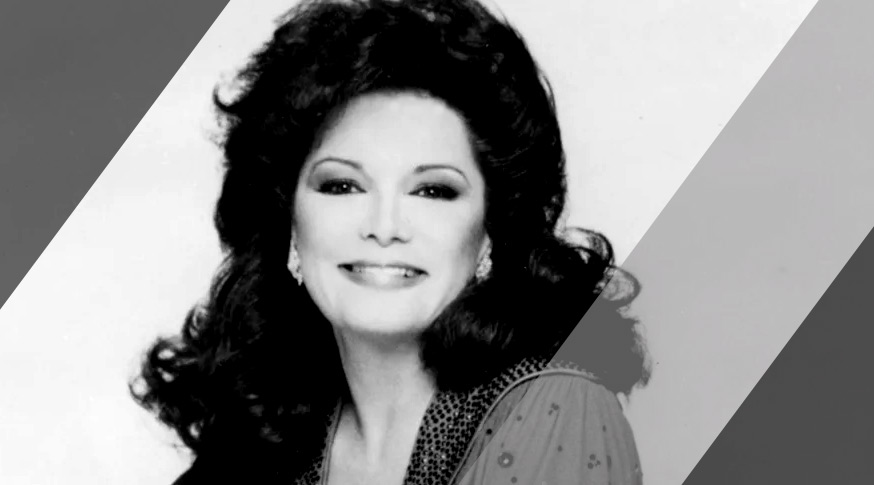Legendary Songstress Connie Francis Passes Away at 87: A Legacy of Empowerment through Music

|
Getting your Trinity Audio player ready...
|
Connie Francis, the trailblazing artist whose voice defined the 1950s and 1960s with hits like “Where the Boys Are” and “Who’s Sorry Now?”, has passed away at 87. Her close friend Ron Roberts confirmed the news.
“It is with a heavy heart and extreme sadness that I inform you of the passing of my dear friend Connie Francis last night,” wrote Ron Roberts, her copyrights and royalties manager, in a heartfelt post on social media. “I know that Connie would approve that her fans are among the first to learn of this sad news,” though the exact cause of death remains unclear.
Concetta Rosa Maria Franconero, born on December 12, 1937, in Newark, New Jersey, debuted as a singer in television shows at nine. Francis swiftly rose to prominence, as her career took off in 1958 with the hit “Who’s Sorry Now,” which soared to No. 4 on the Billboard Hot 100. That song laid the groundwork for her groundbreaking achievements, including becoming the first woman to top the Hot 100 with two consecutive №1 hits in 1960: “Everybody’s Somebody’s Fool” and “My Heart Has a Mind of Its Own.”
She would later become one of the best-selling female singers of her era, selling over 200 million albums globally.
Her iconic single, “Where the Boys Are,” also served as the title song for her breakout movie role, and topped the charts at №4 in 1960. In 1962, Francis clinched her third and final No. 1 hit with “Don’t Break the Heart That Loves You,” further solidifying her place in music history.
According to The Guardian, the following decades were less than kind to Connie Francis, who seemed dogged by tragedy. She was raped at knifepoint and almost killed in her motel room in 1974, after performing at a fair in New York state. She went public with the story, and Howard Johnson Motor Lodges were ordered to pay her $2.5m in compensation (later reduced to $1.475m in a settlement); this would then become a test case, leading to major upgrades in American hotel and motel security. The attacker was never found. Francis’s bravery in going public couldn’t help her overcome the mental health repercussions, and she didn’t sing in public for several years afterwards. Then, in 1981, her brother was shot dead, apparently by a professional hitman; the trauma would lead to Francis being misdiagnosed with manic-depressive disorder. She was involuntarily hospitalised by her controlling father and spent much of the 1980s in and out of psychiatric institutions. Again, Francis was brave enough to speak out as a survivor and became a spokesperson for Mental Health America to help others “suffering from the deleterious effects of depression and trauma of all kinds”.
This series of tragedies impacted her career, but she returned. After announcing her retirement in 2018, Francis quietly reflected on her storied career. Yet, in an unexpected twist earlier this year, she returned to the spotlight when her 1962 single, “Pretty Little Baby,” became a viral sensation on TikTok. The song reached No. 1 on the platform’s music charts, sparking over 1.3 million posts using the track as a soundtrack in May alone. Her music video for the song has now garnered over 32 million views on YouTube, making it her most-watched video.
“I am thrilled and overwhelmed at the success of ‘Pretty Little Baby. I recorded that song 63 years ago, and to know that an entire new generation now knows who I am, and my music is thrilling to me. Thank you so much, everybody, thank you TikTok,” Francis said in a statement in May.
Despite the hardships she endured, Connie Francis has left an indelible mark on the world of music and on the lives of women everywhere. She inspires survivors of gender-based violence to share their stories and get justice. Her unforgettable contributions to pop culture and her groundbreaking achievements in music history continue to serve as sources of inspiration for generations to come.






